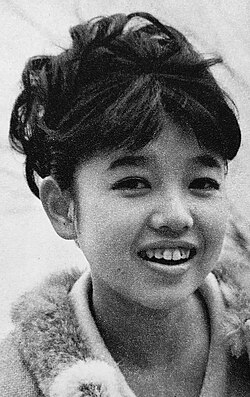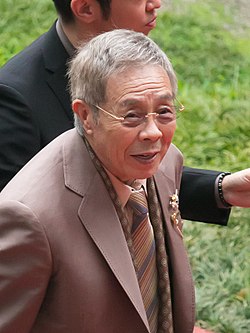| 15th Japan Record Awards | |
|---|---|
 | |
| Date | December 31, 1973 |
| Venue | Imperial Garden Theater, Tokyo |
| Hosted by | Keizo Takahashi, Mitsuko Mori, Hiroshi Tamaoki |
| Television/radio coverage | |
| Network | TBS |
The 15th Annual Japan Record Awards took place at the Imperial Garden Theater in Chiyoda, Tokyo, on December 31, 1973, starting at 7:00PM JST. The primary ceremonies were televised in Japan on TBS.









